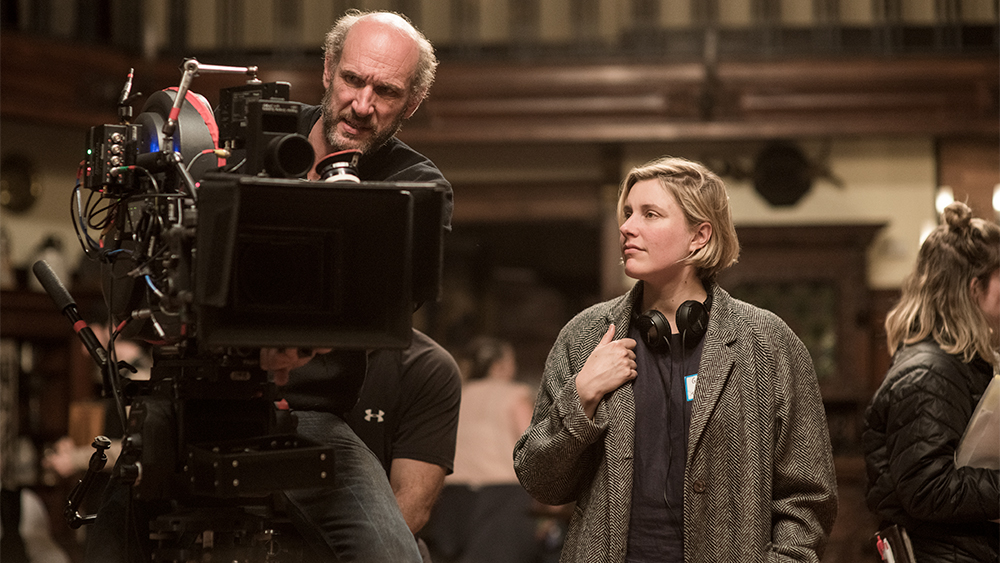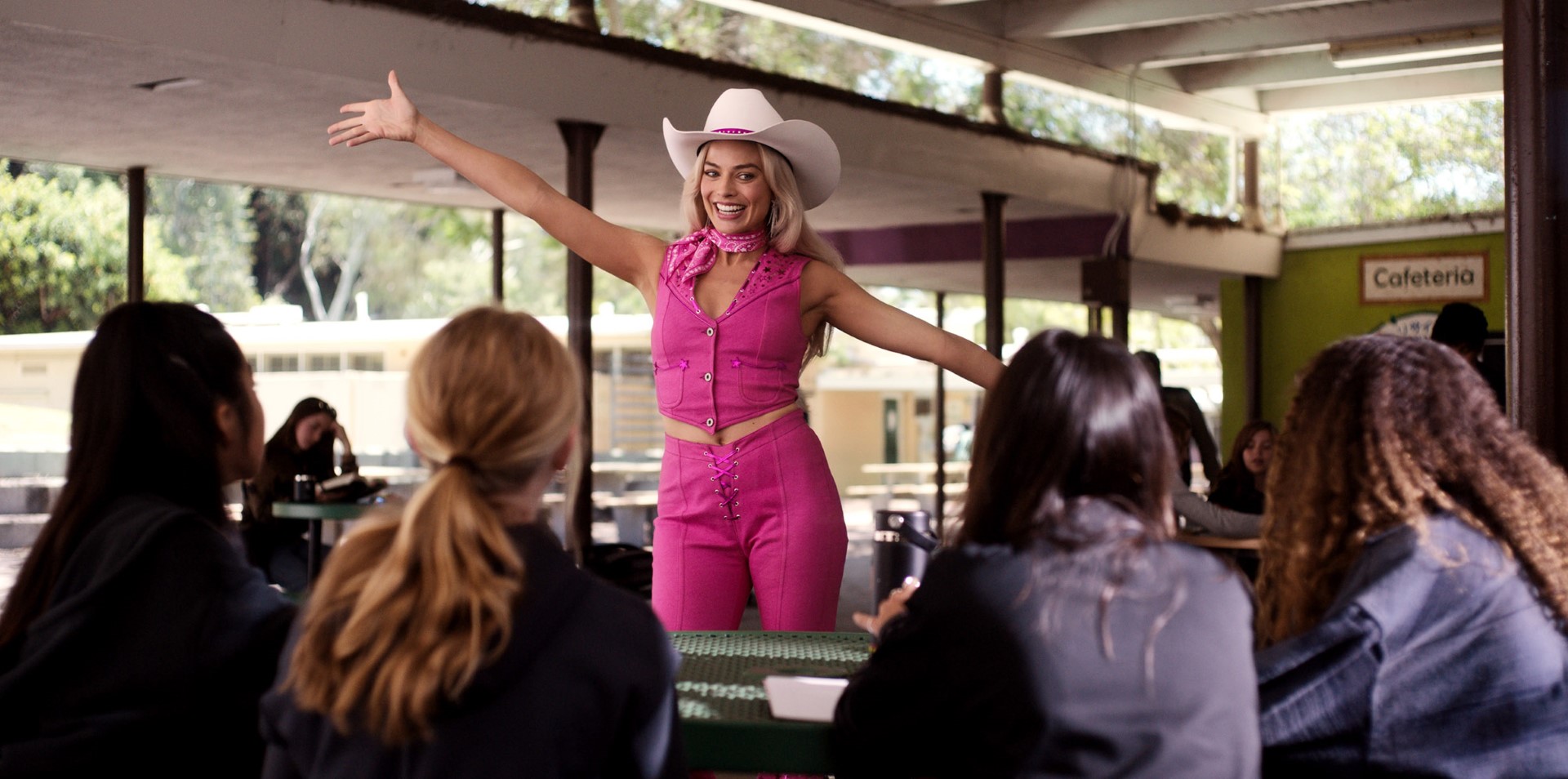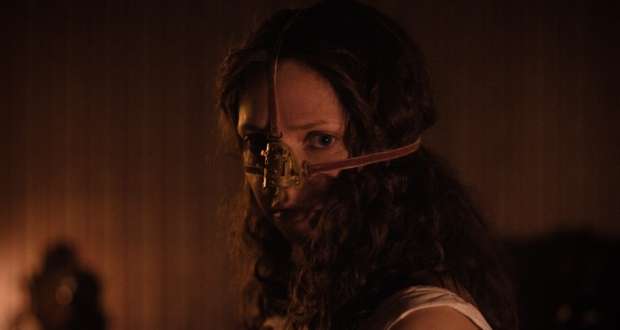The 2024 BAFTA Awards just got wrapped and as usual, there have been a lot of rebuffs in certain nominations. Here are some notable snubs that left everyone feeling shocked.
Expect the Unexpected, Especially With BAFTA Actors Category

Killers of The Flower Moon was the 2023 box office sensation and fans could see Leonardo DiCaprio in the nomination for Best Actor in various awards, but BAFTA refused to even acknowledge DiCaprio in the nominees. It was an unfortunate setback and it’s safe to say that fans weren’t happy.
Additionally, Andrew Scott, starring in the fantasy-romance feature All Of Us Strangers was nowhere to be seen in the nominations for Best Actor. His acting and the overall film were a great narrative and it deserves more recognition than it got.
Another major WTH moment was the absence of Charles Melton in the category of Best Supporting Actor for his performance in the romantic flick May December. Melton added that grip to the film and it’s surprising to see that he wasn’t even nominated.
Lily Gladstone & Greta Lee – Badly Shunned

Actresses weren’t safe from the so-called snub-fest either, with the exclusion of Lily Gladstone, who played Mollie in Killers of The Flower Moon. Gladstone did bag a Golden Globe for Best Actress, so the fact that she wasn’t even on the list of nominees raises a lot of questions.
On top of that, Greta Lee from Past Lives was also omitted from the list of Best Actress nominations, although she has been the recipient of the same nomination at the Critics Choice Awards and Golden Globe Awards.
Lanthimos & Scorsese – Nowhere in the Nominations

The BAFTA Awards also showed injustice when it came to the Best Director category. The maker of Poor Things, Yorgos Lanthimos was conveniently omitted from the list, although his film was nominated for Best British Film, on top of the fact that Emma Stone was the recipient of the Best Actress award at the same awards. Mind-blowing is an understatement in this case.
Killers of The Flower Moon director Martin Scorsese was also snubbed in the category of Best Director, who, like Lanthimos, wasn’t on the list. People were baffled because the same film was nominated for Best Film, although it didn’t bag any wins.
Barbie-BAFTA Brush-offs

Barbie was nominated in five categories and failed to win any, including Production Design, Costume Design, and Leading Actress. What’s even more surprising is that Greta Gerwig, who recently won a Golden Globe for Cinematic and Box Office Achievement, was left out of the BAFTA Best Director nominee list. Barbie was one of the most successful films of 2023 and to see it go down in major award ceremonies is painful. It’s also bad foreshadowing for the upcoming Academy Awards, as there are no nominations for Greta Gerwig and Margot Robbie.
Ultimately movie fans (including me) are anything but happy with the results of the BAFTA Awards, which are infamously known as an early prediction for the Oscars.






























